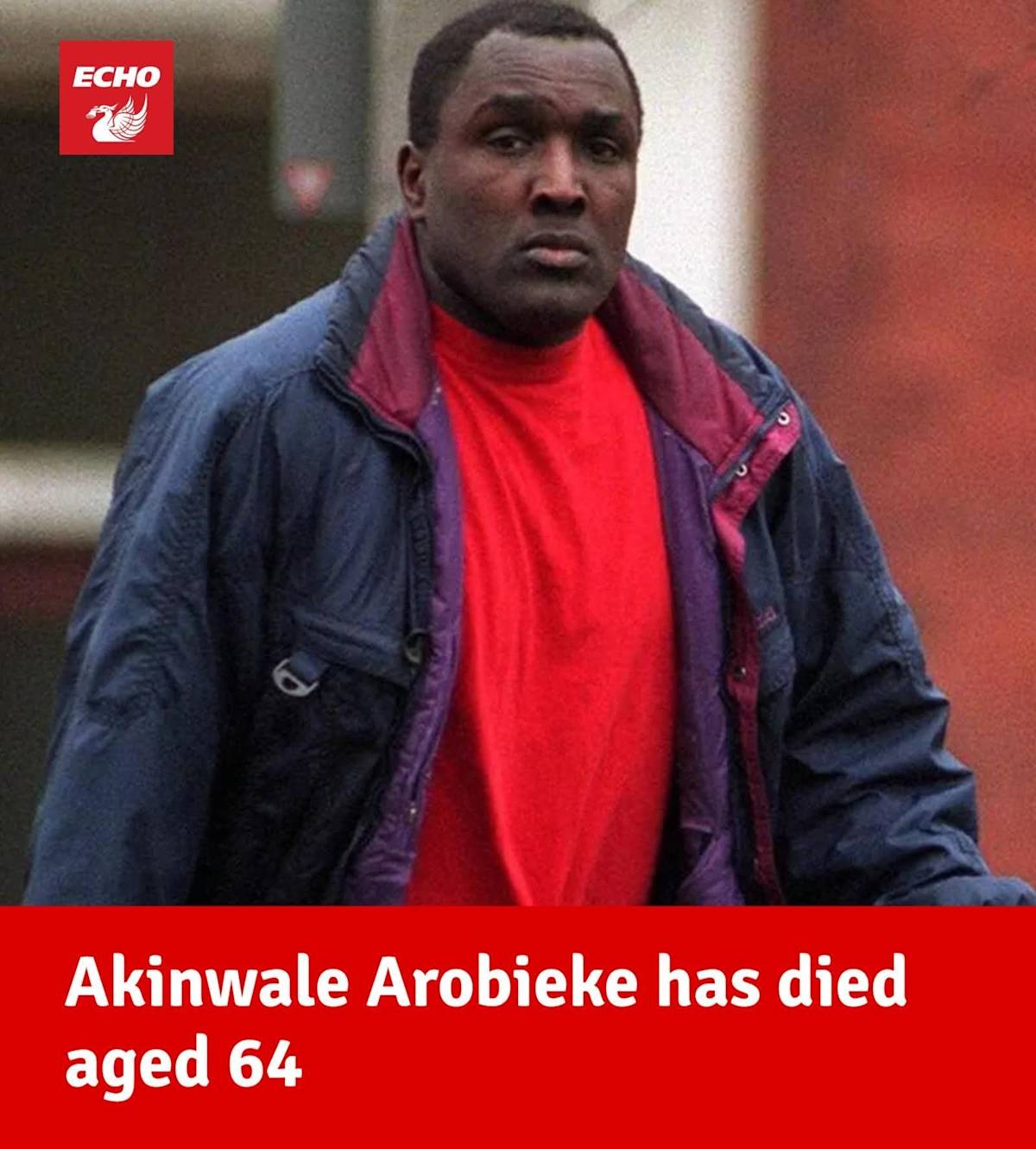


Step into the streets of Liverpool, where whispers of a towering figure ripple through the air, sparking curiosity and unease. Meet Akinwale Oluwafolajimi Oluwatope Arobieke, better known as Purple Aki, a man whose name has become synonymous with mystery, controversy, and urban folklore in the UK. Born on 15 July 1961 in Crumpsall, Lancashire, this 6-foot-5, 22-stone bodybuilder commands attention with his sheer presence, leaving an indelible mark on the communities of North West England.
Imagine a young Akinwale, a child of Nigerian descent, navigating a challenging start. At just six months old, he enters foster care, spending time in a Barnardo’s home in Llandudno. His early life unfolds quietly, shaped by the struggles of a working-class neighborhood and the racial tensions of 1960s Britain. As he grows, his imposing physique and intense demeanor set him apart, laying the foundation for the legend he would become.
By the 1980s, Arobieke steps into the public eye, not as a villain or hero, but as an enigma. He roams Liverpool and nearby towns, approaching young men—often bodybuilders or athletes—with an unusual request: to feel their muscles or watch them perform squats while carrying his weight. These encounters, unsettling to many, spark rumors that spread like wildfire. His nickname, “Purple Aki,” emerges, tied to his dark skin and, some say, his penchant for purple clothing, though the term carries racially charged undertones that Arobieke himself challenges.
The law soon takes notice. In 1986, tragedy strikes when 16-year-old Gary Kelly dies from electrocution at New Brighton railway station, allegedly fleeing from Arobieke. Authorities charge him with involuntary manslaughter, but the conviction is overturned on appeal, with judges ruling his presence at the station wasn’t unlawful. Arobieke walks free, awarded an estimated £35,000 for racial bias in the prosecution, yet the incident cements his reputation as a figure of fear.
As the years pass, Arobieke’s actions draw more scrutiny. In 2001, he faces court for threatening behavior, landing a 30-month sentence for harassing teenage boys. By 2003, his persistence leads to a six-year stint in prison for 15 counts of harassment and witness intimidation, with a chilling “stalker’s manual” revealing detailed records of his victims’ measurements and personal lives. In 2006, Merseyside Police secure a Sexual Offences Prevention Order (SOPO), banning him from touching muscles, asking for squats, or lingering near gyms and schools. Breaches of this order pile up, leading to further jail time—15 months in 2007, 18 months in 2008, and two and a half years in 2010.
Picture the streets of Merseyside, where tales of Purple Aki grow larger than life. To some, he’s a boogeyman, a shadowy figure lurking near gyms or train stations. To others, he’s a misunderstood eccentric, unfairly targeted by a system quick to judge a towering Black man. The media fuels the myth, with tabloids painting him as a predator and a 2016 BBC documentary, The Man Who Squeezes Muscles, diving into his story. Arobieke cries foul, alleging the film incites racial hatred, but the public remains captivated.
The internet age transforms Purple Aki into a meme, a viral phenomenon on platforms like YouTube and Reddit. Teenagers swap exaggerated tales of “muscle inspections,” while graffiti and rap lyrics immortalize his name. Yet, beneath the humor lies a darker reality: his actions have instilled genuine fear, forcing one family into witness protection and leaving countless young men uneasy.
By 2016, the courts lift the SOPO, citing no recent evidence of sexual motivation or harm. Arobieke, now in his 60s, tries to fade from the spotlight, but his legend refuses to die. In 2017, a Manchester restaurant’s “Purple Teriyaki” burger sparks outrage, and in 2021, reports surface of youths attacking him with fireworks in Liverpool. Each incident reignites the debate: Is he a dangerous predator or a victim of a modern-day witch hunt?
Walk through North West England today, and you’ll still hear his name—a blend of fear, fascination, and dark humor. Purple Aki remains a paradox: a man whose obsessive behavior has scarred communities, yet whose story raises questions about justice, race, and the power of myth. His towering figure lingers in the cultural consciousness, a reminder that truth and legend often blur in the shadows of urban folklore.
Rest in Peace, Purple Aki. He was known for his love of touching muscles and was a bodybuilder from Liverpool and Manchester, making a mark in the North West. Though he could be a bit of a nuisance, he was impossible to forget.
He was banned from many town centres across the North West.
He passed away today.
#PurpleAki #NorthWestLegend #Liverpool #Bodybuilding #RIP #UKLegend #Fitness #LocalCharacter #GoneButNotForgotten #RestInPeace #Bodybuilding #RIP #UKLegend #Fitness #LocalCharacter
R.I.P Purple Aki 💜